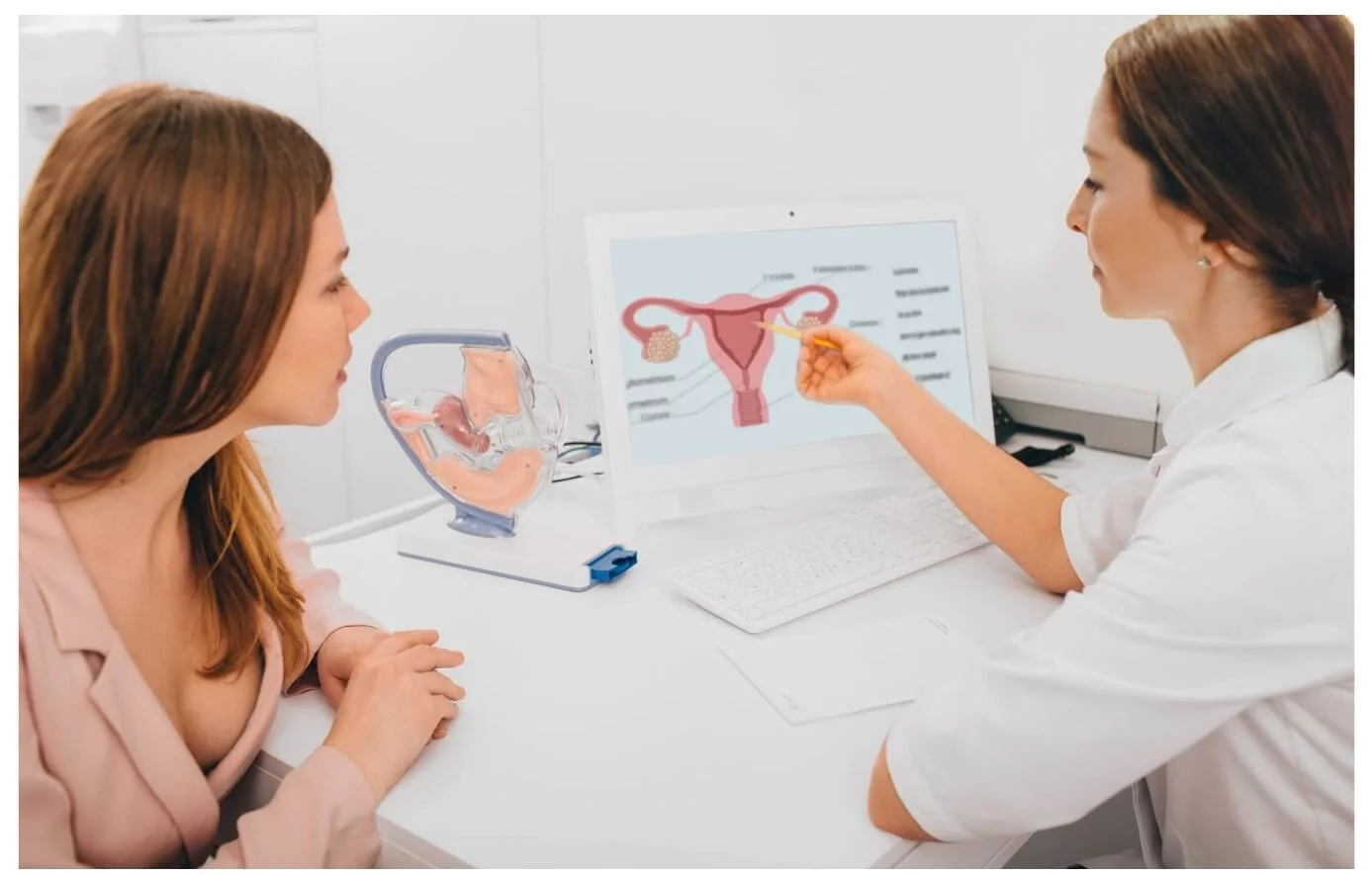Menopause Clinic

Menopause Clinic
Menopause is a biological stage in a woman’s life that occurs when she stops menstruating and reaches the end of her natural reproductive life. Usually it is defined as having occurred when a woman has not had a period for 12 consecutive months (for women reaching menopause naturally). The changes associated with menopause occur when the ovaries stop maturing eggs and secreting oestrogen and progesterone. It is a natural, physiological change in every woman’s life.
The average age of achieving menopause in India is between 45 to 52 years of age.
Menopausal women include women in perimenopause and postmenopause.
Perimenopause is the time in which a woman has irregular cycles of ovulation and menstruation leading up to menopause and continuing until 12 months after her final period. The perimenopause is also known as the menopausal transition or climacteric.
Postmenopause The time after menopause has occurred, starting when a woman has not had a period for 12 consecutive months.
Symptoms:
- vasomotor symptoms (for example, hot flushes and sweats).
- Musculoskeletal symptoms (for example, joint and muscle pain).
- Effects on mood (for example, low mood).
- Urogenital symptoms (for example, vaginal dryness).
- Sexual difficulties (for example, low sexual desire).
How to cope?
These are the following types of treatment for menopausal symptoms:
- Hormonal, for example hormone replacement therapy (HRT).
- Non-hormonal.
- Non-pharmaceutical, for example cognitive behavioural therapy (CBT).
